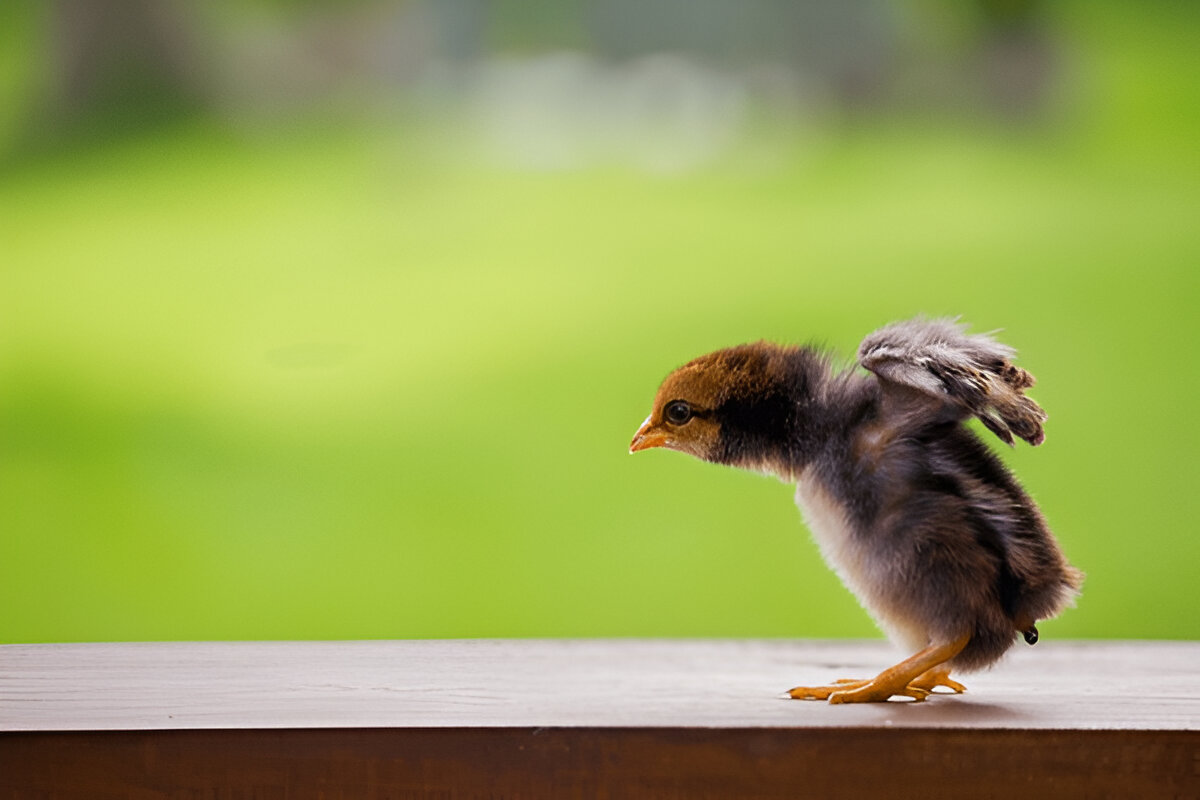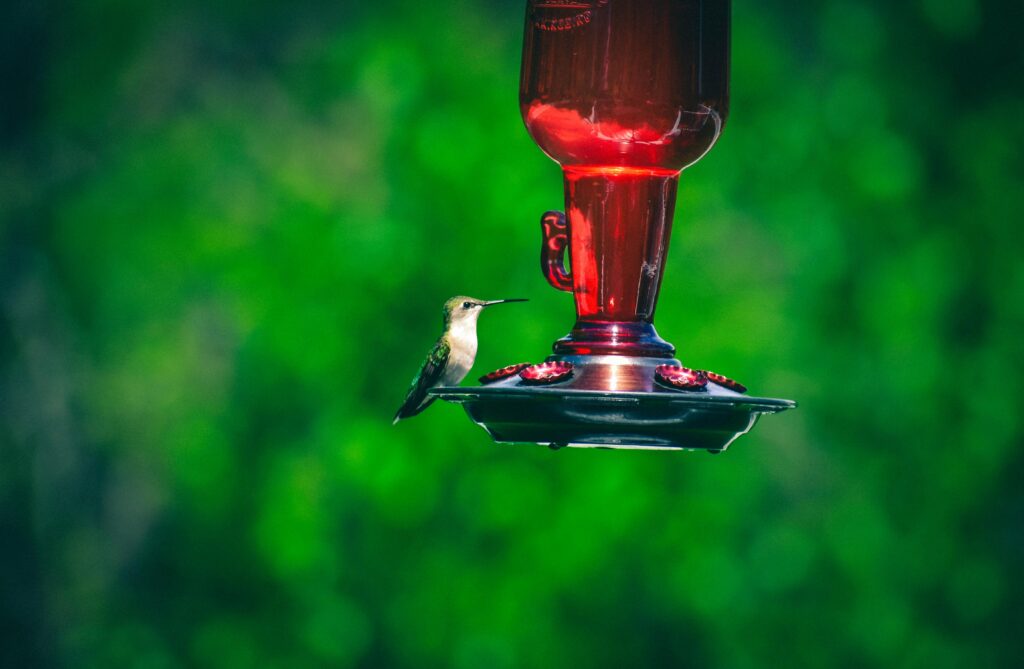Do Birds Pee? The Basics of Bird Physiology
Birds are interesting creatures with many physiological adaptations, making them quite capable of living under varying conditions. From lightweight bones, helpful for flying, to specialized respiratory systems, birds have evolved in several remarkable ways.
But perhaps one single aspect of their physiology is how birds excrete-precisely, manage waste. Do they pee like mammals? Do they have an entirely different mechanism of eliminating bodily waste?
In this blog, we are going to go into great detail about the excretory system of birds: how they get rid of their waste and why they do not “pee” like mammals. An appreciation for avian biology and anatomy is important in understanding how birds work and function in the ecosystems they occupy.
So let’s venture inside the bird’s body and discover how it takes care of the important function of removing its waste.
Bird Anatomy and Physiology: A Brief Overview
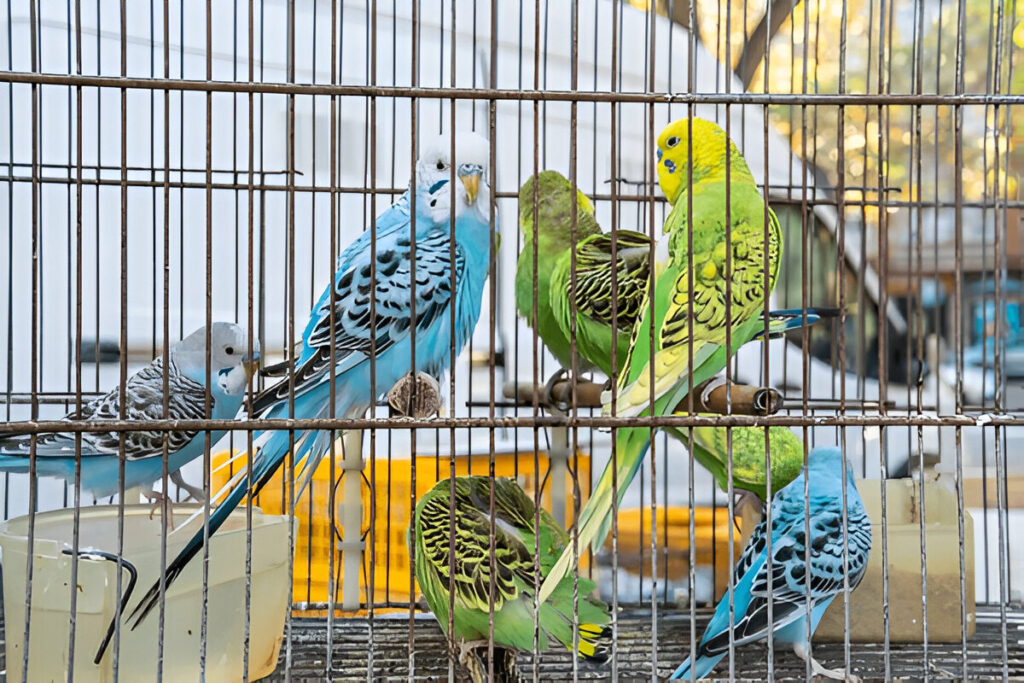
It is relevant to go over some general Bird physiology and anatomy before delving into the excretory system. Birds, like all vertebrates, have internal organs that function together to maintain overall health and function. However, their bodies have several unique features that are different from other animals, particularly mammals.
- Feathers: Birds have feathers, which assist in many ways in maintaining insulation, flying, and communicating.
- Hollow Bones: The bones of birds are lightweight and hollow, making them more efficient for flying and overall energy conservation.
- Respiratory System: Birds have a highly efficient respiratory system with air sacs that allow them to extract oxygen more efficiently than mammals.
- Digestive System: Most birds have a high metabolism, since their lifestyle requires a great deal of energy. The digestive system is also specially adapted with a crop, gizzard, and cloaca.
One of the main structural differences between birds and mammals is their excretory system, with major differences in how birds eliminate waste. Birds don’t have a separate system for urination/ defecation and their waste removal process is at once very efficient and specialized to high energy lifestyle.
How Birds Excrete Waste: The Role of the Cloaca
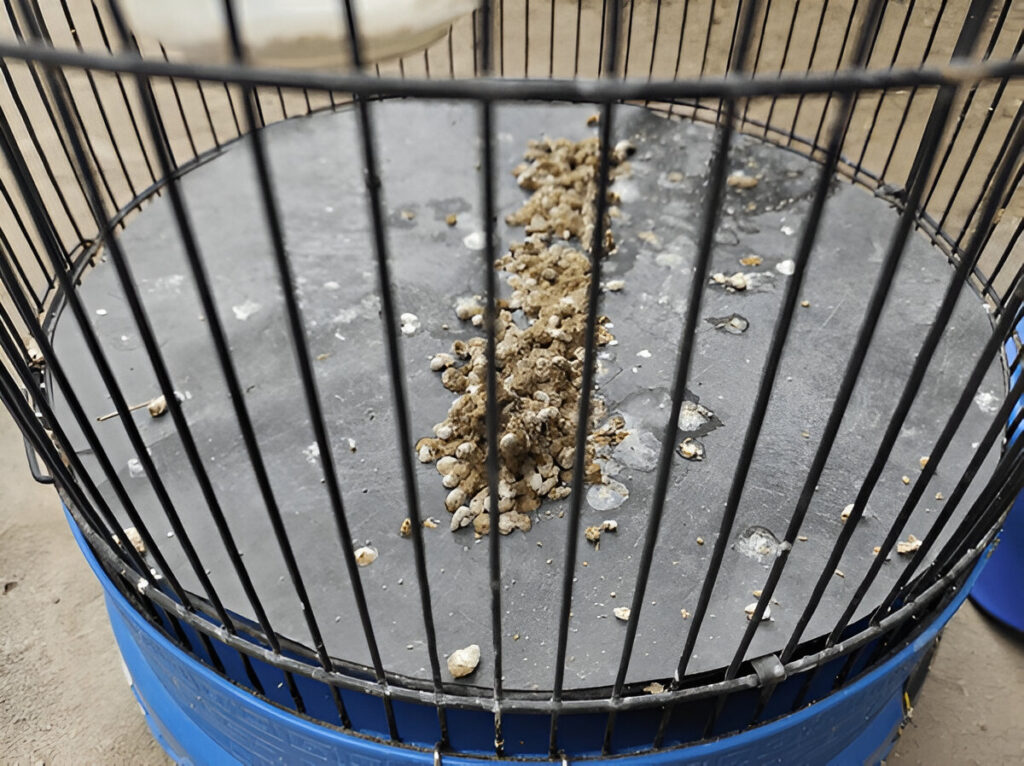
In most mammals, waste elimination is provided by a division of labor between two major systems: the urinary system (for urine) and the digestive system for the elimination of fecal matter. Birds have the unique arrangement of a cloaca where both urinary and intestinal contents are eliminated in the single opening.
The cloaca is a common opening through which the waste products of both the digestive and excretory systems leave the body. It is quite common in birds, reptiles, and amphibians. It takes part in the elimination of both feces and the metabolic waste products, that is, urine, and also serves reproductive purposes.
The Excretory System: How Birds Handle Waste
Unlike mammals, which at the end excrete liquid urine through the urethra, birds do not do it that way. The following is how the excretory system of a bird works:
- Kidneys: Birds also have two kidneys, as mammals do, for the filtration of waste products from the blood. The kidneys in birds, however, are adapted for water conservation, an important survival mechanism, especially when birds are living under arid conditions.
- Uric Acid: Birds do not produce liquid urine like mammals but excrete uric acid, a relative insoluble compound. This allows for the production of fairly solid or semisolid excreta that enable the bird to conserve water. Uric acid usually appears as a paste or white product that is the solid component of bird droppings, in addition to the fecal material coming from the digestive process.
- Cloaca: The uric acid, upon filtration by the kidneys, is carried to the cloaca where it joins the fecal material coming from the intestines. The resulting product is expelled out of the bird’s body through the cloacal opening. This is usually a semi-solid matter, and the white pasty uric acid can easily be seen alongside the darker, solid feces.
Why do birds excrete uric acid and not liquid urine?
Birds have evolved instead to eliminate uric acid rather than liquid urine as a strategy to reduce water loss. This is particularly important since most birds live in desert environments with limited water.
By accreting the waste products as uric acid, birds save much water within their bodies. The water loss is further reduced with the resultant solid or pasty nature of uric acid in comparison to that of mammals, which has a fluid nature.
The conservation of water, for example, is a very valuable capability for birds that live in deserts and other dry areas. Birds have kidneys that can filter the waste in such a way that the amount of water lost is minimal; similarly, excretion through uric acid eliminates problems of dehydration.
Structure of Bird Droppings: Understanding the Components
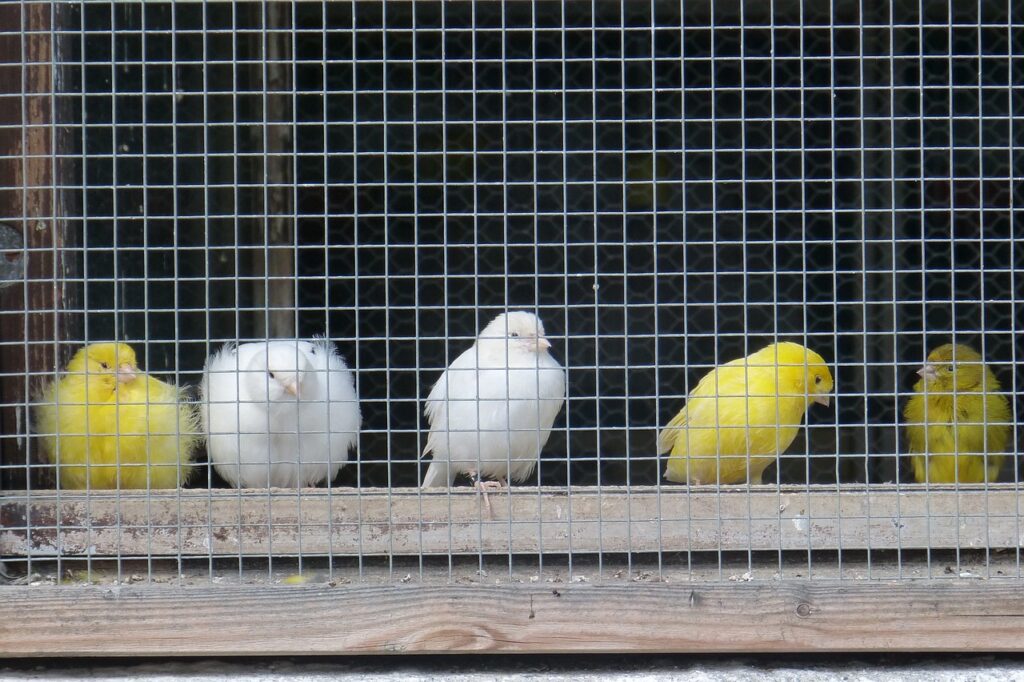
Image by Alois Grundner
When we finally see the bird droppings, we have two distinguishing constituents: the white pasty substance and the darker constituent that is solid. Whitish appearance is made by uric acid while undigested food materials constitute feces and form the dark constituent.
- Uric Acid (White Paste): Product of waste from the metabolic activities of birds. This usually comes out as a paste or solid material and generally appears white or off-white. Uric acid results from nitrogen metabolism in birds; its excretion in semi-solid form is a way of conserving water.
- Feces (Dark Solid): This part of the dropping contains undigested remnants of food material, such as fibers, along with the metabolic by-products of digestion. The color and consistency may vary with the diet of the bird, but this is usually darker compared to the white uric acid paste.
It is this combination of uric acid and feces that we typically think of when considering a bird’s droppings. Birds, in contrast to mammals, which have a urine that is usually liquid, have waste that is a more concentrated mixture serving a dual purpose in ridding the animal of both nitrogenous waste and undigested food.
How Birds Conserve Water Through Excretion
Water conservation is another critical concern, especially for birds of hot and arid climates. The kidneys are quite efficient in filtering waste from the blood, while excretion of uric acid is one important strategy to minimize water loss. In fact, birds can excrete a highly concentrated form of uric acid, thus letting them save precious water for hydration.
The kidneys of birds are so constructed that a very little water is lost compared with mammals, whose liquid urine contains a high percentage of water. Therefore, a bird can exist in environments where water is in scarcity and may not drink water for a long period because a large amount of excretion is done through waste produced by birds to retain as much moisture in it.
Common Misconceptions About Bird Waste and Excretion
One common misconception is that birds “pee” like mammals, which could not be farther from the truth. Birds do not produce liquid urine, and the process of waste elimination is much more water-conserving and efficient. Several other misconceptions include but are not limited to:
- Birds Pee Like Mammals: As mentioned earlier, birds do not produce liquid urine like mammals; instead, they excrete uric acid, a paste-like substance, to help in conserving water.
- Birds Do Not Need to Drink Water: Although birds can survive for extended periods without drinking water in certain environments, the fact remains that they need water. Many birds obtain water from their food, especially fruits and seeds containing moisture, while others may drink from ponds, rivers, or lakes when necessary.
- Birds Excrete Only Feces: Most people do not realize that bird droppings contain both fecal material and uric acid. The two substances are excreted together, and the combination gives us the distinct bird droppings we see.
Conclusion:
The Uniqueness of Bird Excretion
The excretory systems of birds are uniquely adapted to their lifestyles. Excreting the uric acid rather than liquid urine is another function that helps them to save water by not wasting it and have a better survival in dry areas.
The particular morphological structure of their cloaca and waste excretory system testifies for their evolution. While birds do not “pee” in the manner mammals do, this process is another great example of how these magnificent creatures have adapted to life and thrive in so many different environments.
Understanding how a bird excretes will provide valuable insight into both its biology and behavior. So the next time you see some bird droppings, you will appreciate exactly what has just taken place in that little bird’s body!
Yuns Legdm is a passionate advocate for pet care and the founder of this website, dedicated to providing valuable information for fellow pet lovers and veterinary professionals worldwide. With a deep love for animals, Yuns created this platform to connect passionate pet owners with expert insights from veterinarians around the globe.
This website grows with you—the passionate pet owners and veterinary experts—creating a trusted space where knowledge, experience, and love for animals come together. Whether you’re seeking advice on pet health, nutrition, or general well-being, this platform is here to support you on your journey of responsible and loving pet care.

